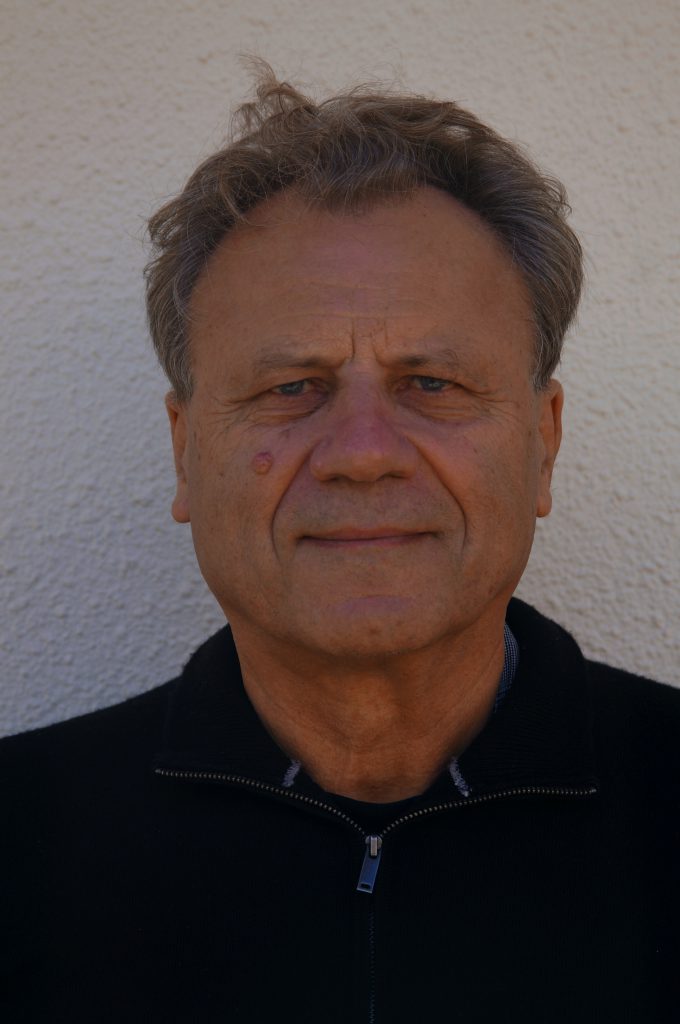Lecturer: Hans-Joachim Pflüger
Fields: Science in general, Neuroscience in particular
Content
This course will focus on aspects of ethics in science and that “scientific curiosity” is not without limits although ethical standards may vary in different cultures. We shall focus on the relatively new field of neuro-ethics. Another important topic will be concerned with good scientific practice and its implications for the performance of science, and what kind of rules apply. To follow these rules of good scientific practice is among the key requirements for scientists worldwide as well as for any autonomous artificial intelligent systems and, thus, is one of the pillars of trust into scientific results. The participants will be confronted with examples of fraud in science, ethical problems and decisions as well as good scientific practice. The outcome of such ethical decisions and questions around good scientific practice will be discussed.
- Ethics in (Neuro)Science
- Fraud in Science? Is it a problem? Introduction to a few exemplary cases. Task for each or a group of participants (pending on number of attendees): Internet search for cases of fraud, offenders and reasons to commit fraud.
- Good Scientific Practice Are there obligatory rules for performing experiments, keeping records, storing data? Are there any laws having to be considered?
- Publishing and Final discussion What are hybrid journals, open access journals and what is the future of publishing? Are there also “dark sides” of open access?
Objectives
The course should teach participants the rules of good scientific practice, how to implement them in their own work and how to teach others. The participants will also be made aware of ethical problems that may arise with designing and carrying out experiments on animals or humans.
Literature
- Ahlgrim et al. (2019) Prodromes and Preclinical Detection of Brain Diseases: Surveying the Ethical Landscape of Predicting Brain Health July/August 2019, 6(4) ENEURO.0439-18.2019 1–11
- Greely et al. (2018) Neuroethics Guiding Principles for the NIH BRAIN Initiative. The Journal of Neuroscience, December 12,2018 • 38(50):10586–10588
- Global Neuroethics Summit Delegates, Rommelfanger et al. (2018) Neuroethics Questions to Guide Ethical
- Research in the International Brain Initiatives. Neuron 100:19-36, October 10, 2018
- Ramos et al. (2018) Neuroethics and the NIH BRAIN Initiative. J Responsible Innov. 2018 ; 5(1): 122–130. doi:10.1080/23299460.2017.1319035
- Kreutzberg, GW, The Rules of Good Science, EMBO reports, vol. 5, 330-332, 2004
Lecturer

Hans-Joachim Pflüger is a retired professor of Functional Neuroanatomy/Neurobiology at Freie Universität Berlin who is still active in basic neurobiological research where he is interested in the neuronal basis of locomotory behaviour in insects such as pattern generation, sensory reflex circuits and neuromodulation. He studied Biology and Chemistry in Stuttgart, obtained his doctoral degree from the University of Kaiserslautern and was a postdoc in Cambridge/UK. He was an assistant professor at the Universities of Bielefeld and Konstanz before his habilitation in Konstanz in 1985. He moved to Freie Universität, Berlin in 1987 and spent several sabbaticals in Tucson (Univ. of Arizona), Tempe (Arizona State Univ.), both USA, and Christchurch (Univ. of Canterbury), New Zealand. He was a visiting scientist to Ben Gurion Univ., Beer Sheva, Israel and received the Ernst-Bresslau guest professor award of the Universität zu Köln. He has served on several DFG-reviewing panels, was treasurer and president of the German Neuroscience Society (NWG) and also treasurer for both FENS (Federation of European Neuroscience Societies) and IBRO (International Brain Research Organization).
Affiliation: Freie Universität Berlin
Website: https://www.bcp.fu-berlin.de/biologie/arbeitsgruppen/neurobiologie/ag_pflueger/mitarbeiter/leiter/pflueger/index.html